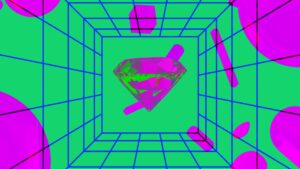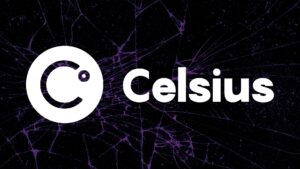Ethereum co-founder Vitalik Buterin expects two other proof-of-work blockchains, Zcash and Dogecoin, to transition to proof-of-stake consensus in the future.
Zcash and Dogecoin will probably follow in Ethereum’s footsteps and eventually transition to proof of stake after the consensus model becomes mature, Buterin said at this year’s Mainnet blockchain event.
“I’d say should … as PoS matures I would expect it to increase in legitimacy over time. I hope Zcash moves over and I am hopeful Dogecoin moves to PoS soon,” Buterin said on Friday.
On Sept. 15, Ethereum went through The Merge, a highly anticipated upgrade that swapped its consensus mechanism from proof of work to proof of stake, after years of research and development. According to the Ethereum Foundation, the proof-of-stake transition resulted in a 99.9% decline in energy consumption, which is expected to dramatically reduce the blockchain’s carbon footprint.
In line with Buterin’s expectations, the teams behind Zcash and Dogecoin have already expressed interest in moving to proof of stake in separate announcements.
In mid-2021, Electric Coin Company, the development firm behind Zcash, wrote a blog post detailing its approach and next steps toward implementing PoS. Dogecoin has floated a similar idea. Still, a blockchain consensus switch is easier said than done and requires a nuanced discussion among community members on how the change may impact a network.
Both Dogecoin and Zcash rank among the top 10 cryptocurrencies by market capitalization that leverage the proof-of-work mode, according to CoinGecko data. While Dogecoin is a meme coin and Zcash a privacy-focused asset, a common feature of the two is their use of specialized mining hardware that requires big power consumption to process new blocks.
On the other hand, proof-of-stake consensus makes use of validators who stake assets on the network to affirm their honest behavior in verifying blocks. This diminishes the need to spend on electricity and hardware.
© 2022 The Block Crypto, Inc. All Rights Reserved. This article is provided for informational purposes only. It is not offered or intended to be used as legal, tax, investment, financial, or other advice.
About Author
Vishal Chawla is a reporter who has covered the ins and outs of the tech industry for more than half a decade. Prior to joining The Block, Vishal worked for media firms like Crypto Briefing, IDG ComputerWorld and CIO.com. Follow him on Twitter @vishal4c.
- Bitcoin
- blockchain
- blockchain compliance
- blockchain conference
- coinbase
- coingenius
- Consensus
- crypto conference
- crypto mining
- cryptocurrency
- decentralized
- DeFi
- Digital Assets
- Dogecoin
- ethereum
- machine learning
- non fungible token
- plato
- plato ai
- Plato Data Intelligence
- Platoblockchain
- PlatoData
- platogaming
- Polygon
- proof of stake
- The Block
- vitalik buterin
- W3
- Zcash
- zephyrnet













